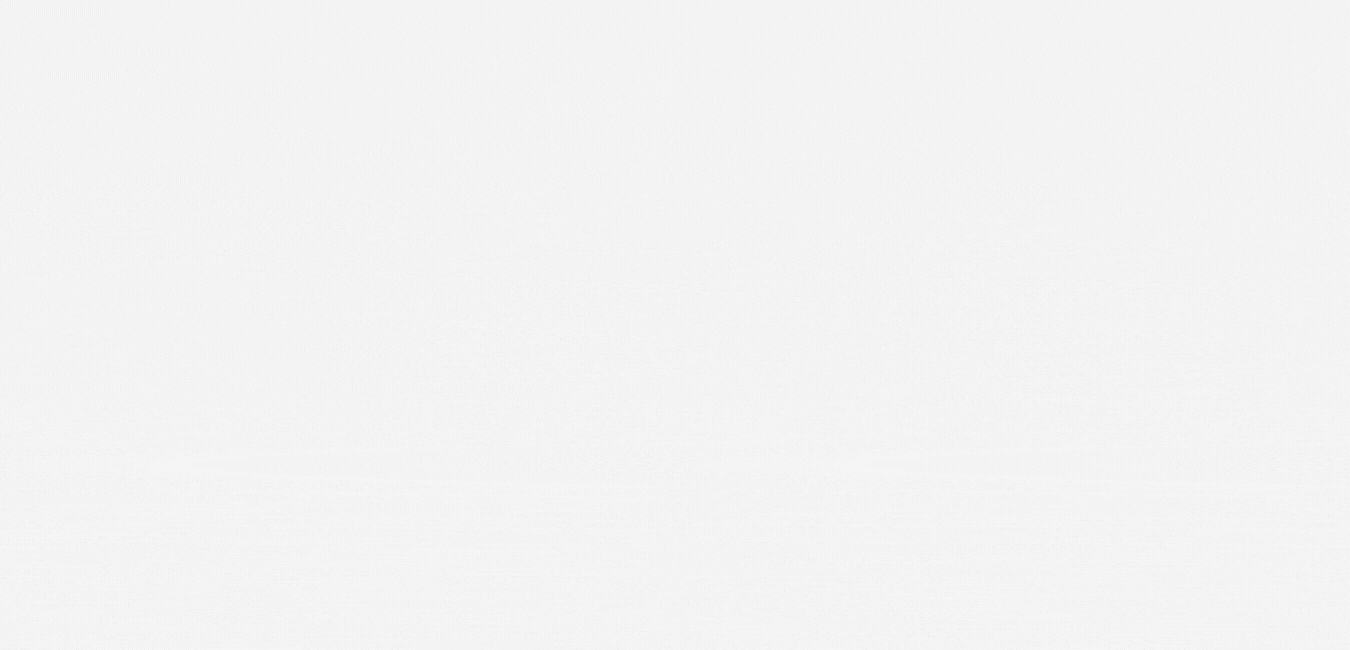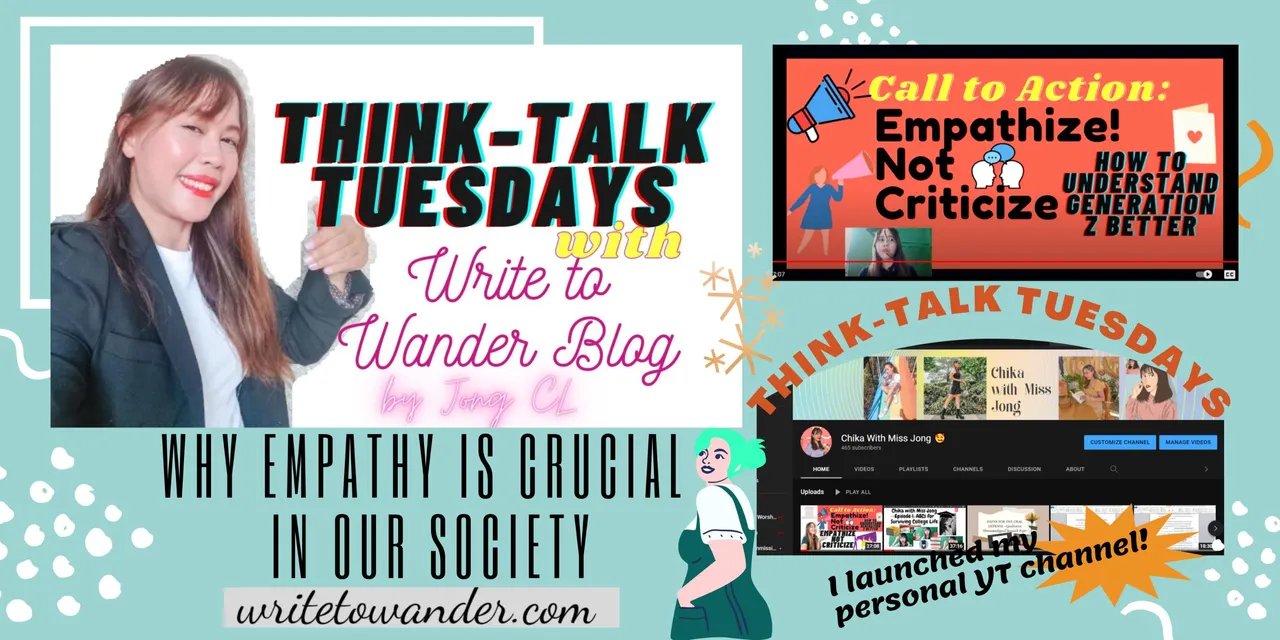
On Tuesdays, I will be sharing with you my thoughts about current issues and ideas surrounding Education in the Philippines, Literature, Research Writing, Making a Thesis Paper, Preparing for Oral Defense, Mental Health Trends, Career Planning and S.H.S. Strands, Topics on Generation Z and the Millennials in general, and Teacher's Diaries, among others. I am a licensed professional Senior High School Research Teacher taking up my Master's Degree in Literature. My two years of teaching have taught me so many things about Generation Z. Furthermore, my teaching experience has helped me realize a lot of things about myself, too--how impatient, critical, judgemental I can be as a person. I cried an awful amount of tears in my journey as a teacher. But I am glad to have been heartbroken a couple of times in my teaching pursuit because these challenging times have developed my inner strength, endurance and resilience, and I have learned how to have "grace under pressure".
I launched my personal YouTube channel last September 9, 2021, wherein I talked about how to make it through college. I made the video for my Senior High Students who are now freshmen in college. My next video was about how to understand Generation Z better, of which I will be sharing with you what my talking points were in today's blog.
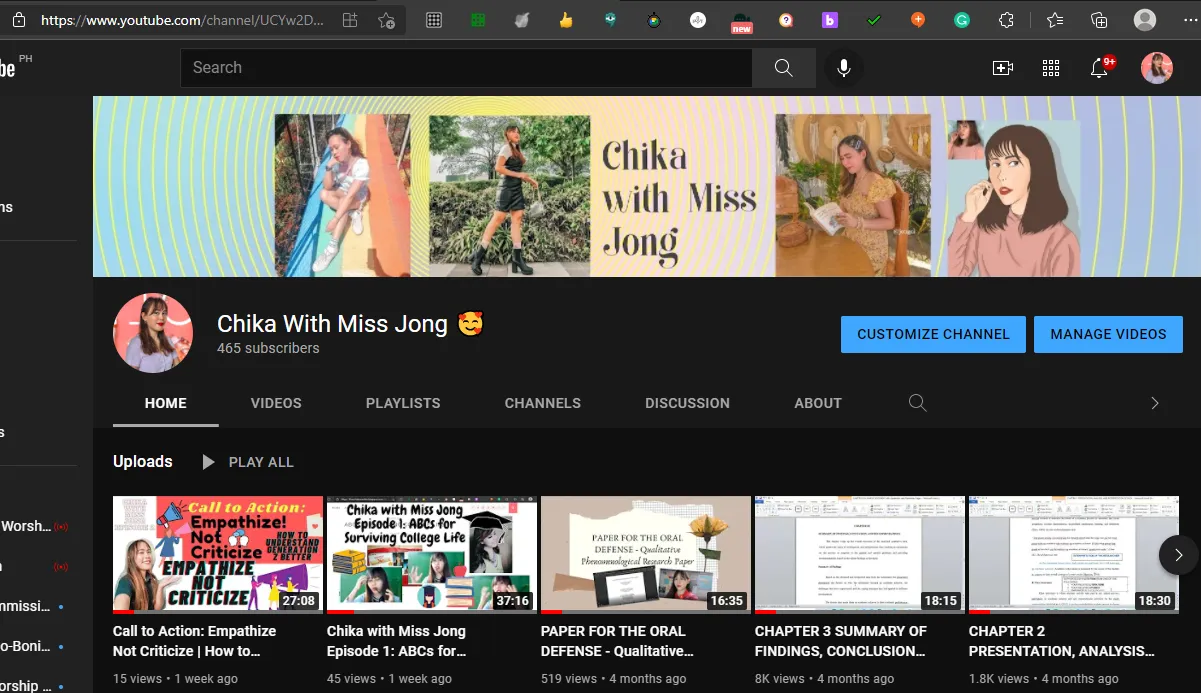
During my first semester teaching Senior High School students, I was a very strict and perfectionist teacher. I easily get offended whenever my students do not strictly follow my instructions. I never gave them the grace to commit mistakes. Perhaps this was how I was taught when I was a high school student, and so I thought it was the best way to also teach my students. Little did I know that I was hurting many of my students in the process because they thought that I was angry at them. NO. I was pointing out the mistake of the project that was submitted and I was not pinpointing them as people. BUT of course, as teenagers, they did not understand that, and they thought I was angry at "them" as people.
It was a little late when I realized that my way of trying to discipline my stduents was not helping them. While there were others who received my criticism well, some did not quite understand, and they wrote their harsh sentiments towards me on our faculty evaluation. Being a first-time SHS teacher, I cried buckets and buckets of tears when I read some of the harsh comments. My initial reaction was to quit as I thought, "maybe teaching was not for me". But my two best friends had encouraged me to continue and to take that criticism to improve my craft. I AM GLAD I LISTENED TO THEM because that instance has taught me to UNDERSTAND my students better in order for me to properly relate to them, and so that my way of teaching would be effective.
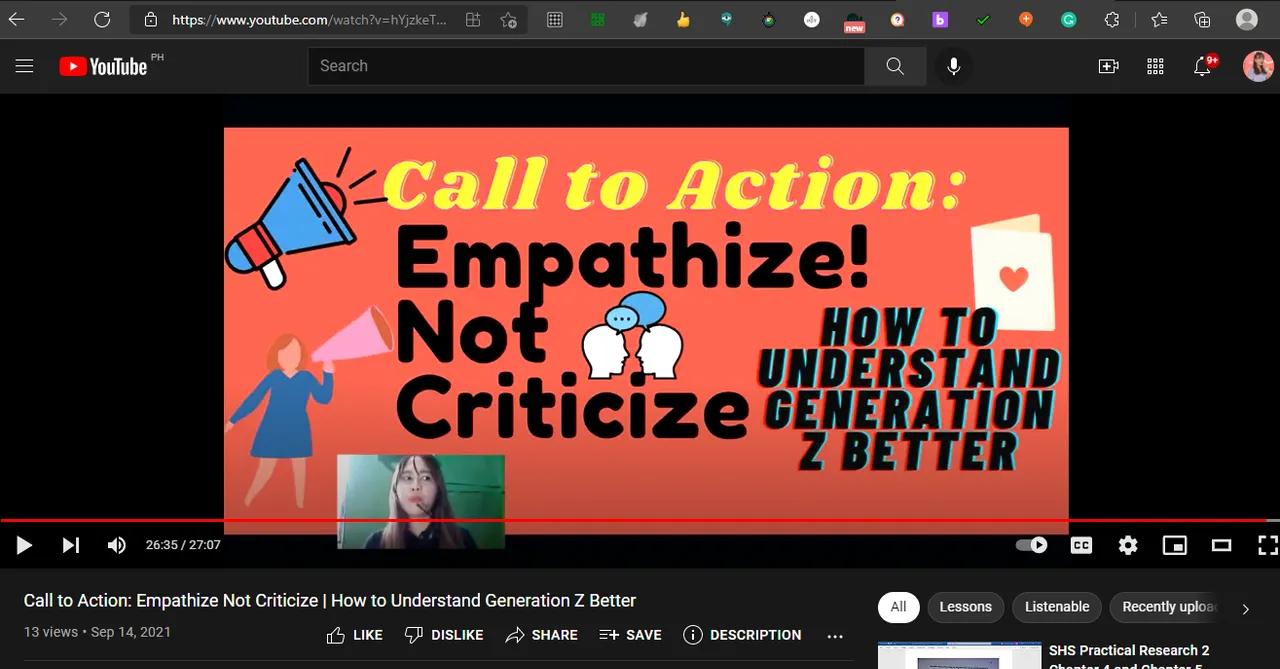
Screenshot of my latest YouTube video uploaded last September 14, 2021
Here are IMPORTANT TALKING POINTS on the said video:
First: The Theory of Nature Versus Nurture
In order to understand Generation Z (Gen Zers), one has to consider this theory. Basically, this theory holds that a person can be properly understood when you know how he/she was nurtured by his/her environment during childhood up until adolescence and his/her natural capabilities and talents he/she inherited from the family genes. I emphasized the Nurture part since almost all of the Gen Zers have been exposed to the Internet as they were growing up.
Gen Zers grew up with the Internet! And the Internet--with all its glorious good and notorious bad--has been their best friend!
As a teacher, I used to complain how my Gen Zer students were so impatient--almost all of them! I did not fully realize that of course, they tend to have impatience because they have been used to fast, easily accessible data from the Internet. That, at a click on their fingertips, in nano-seconds, a lot of information in the world is available to them.
By realizing this, I slowly learned to be more patient with my Gen Zers. I do not easily get stressed whenever I notice that they are too impatient. This realization has helped me and helped my students, too.
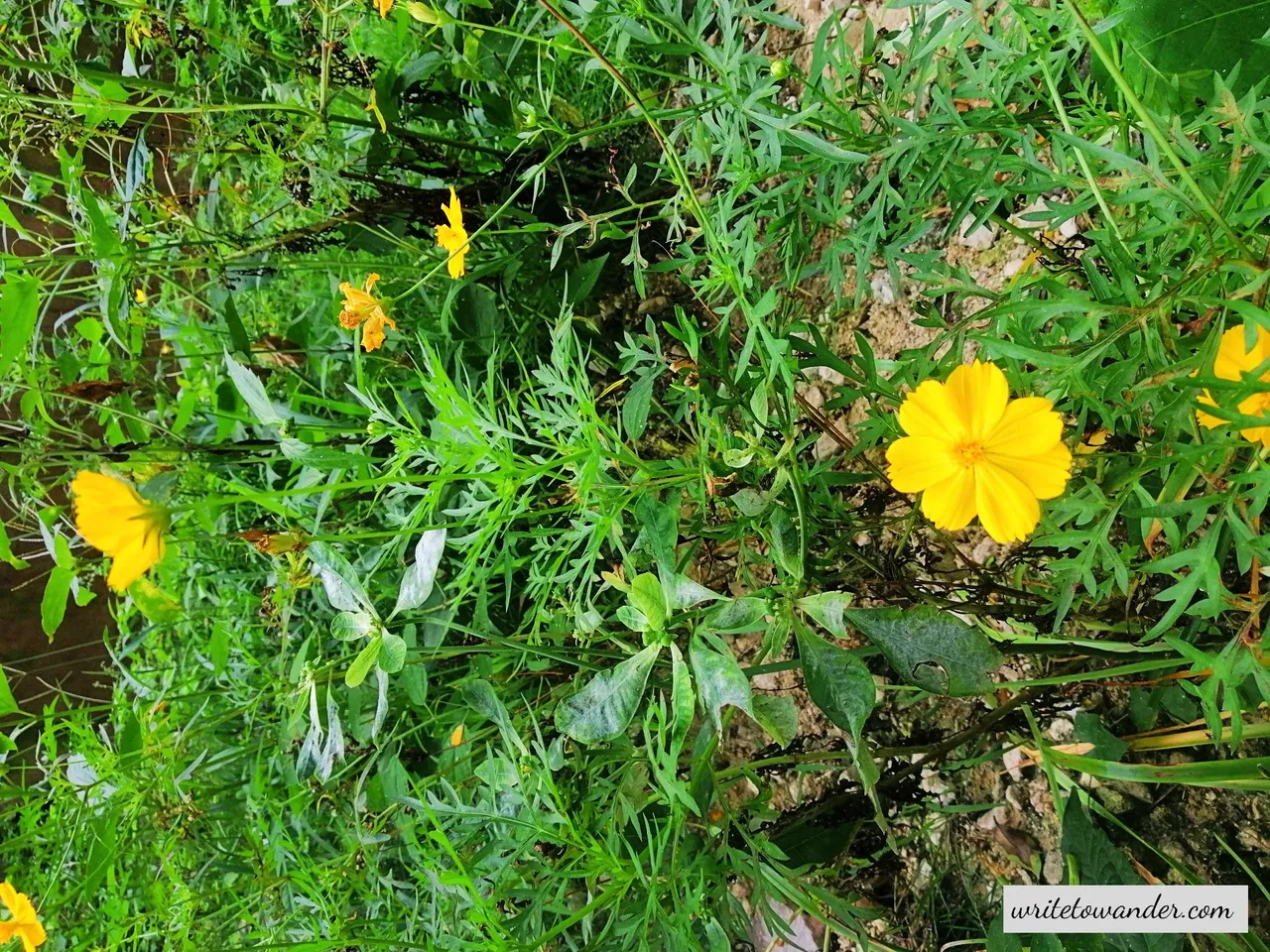
Second: Stop comparing one generation to another.
I used to tell my students that "our generation were better high schoolers than you because we were obedient and respectful and patient in school unlike you." THIS WAS A VERY WRONG THING TO SAY. EVER. I picked this up from my high school teacher actually. I remembered that when I was in high school, whenever my teacher tells us that "their generation is better than ours because of this-and-that", it somehow motivates and challenges me to be a better student. BUT NOW I REALIZED THAT IT IS NOT HELPFUL TO COMPARE GENERATIONS. Each generation has its own quirks and nuances that define it, so there is no use in "trying" to convince one generation to "follow a certain format" of some sort.
The generation who grew up with the Internet is definitely different from those who did not. When we understand that this is the case, then we can relate to our Gen Zers better.
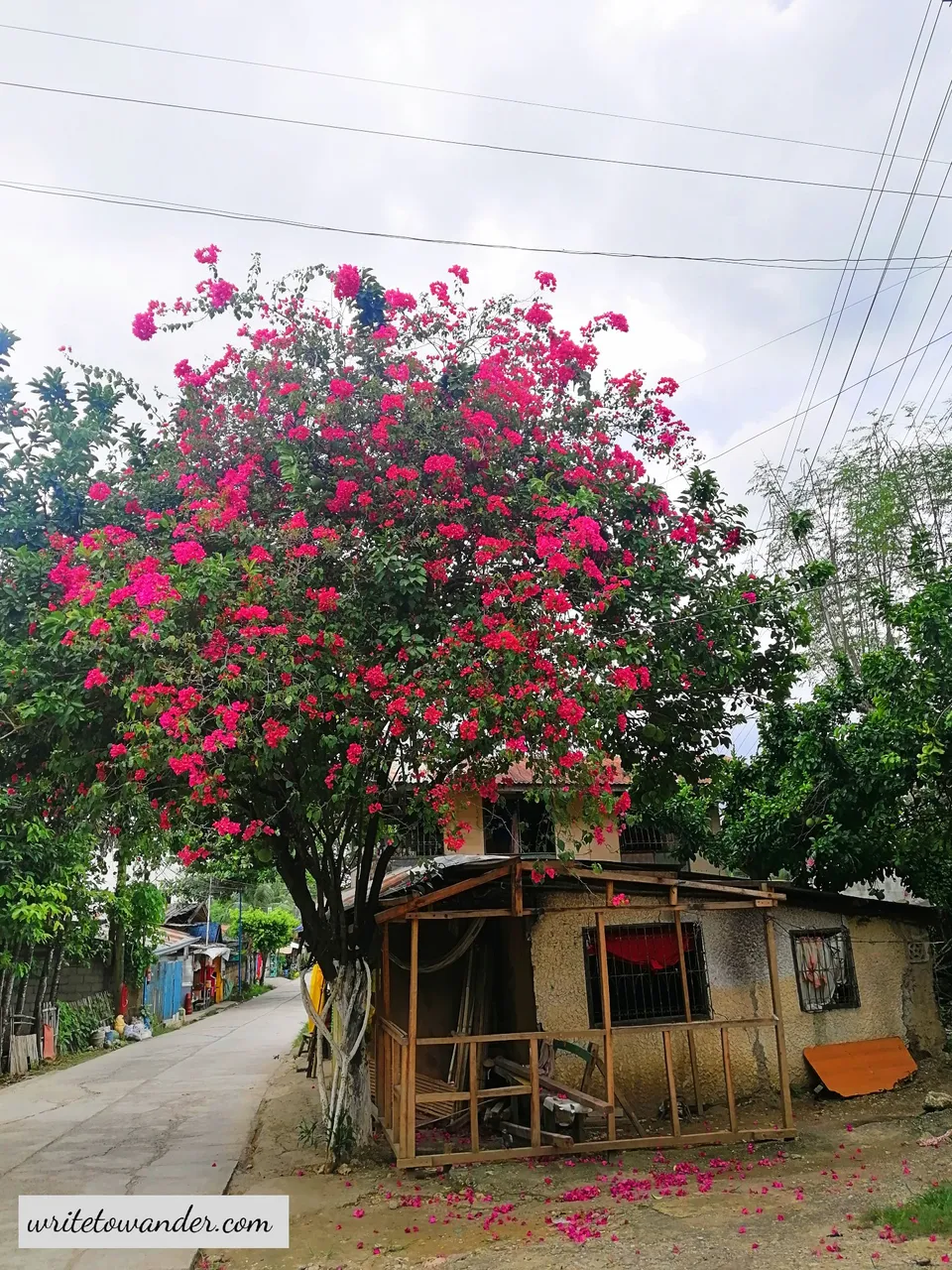
Third, and last: Do not view via the lens of judgement, rather from the lens of empathy. EMPATHIZE NOT CRITICIZE.
Let's face it: as humans, we are bound to be critical and judgemental beings. Many people even use this as an excuse whenever certain issues arise and they tend to justify it. To be honest, I am a judgemental person, and I was even more judgemental and critical when I first started teaching. Whenever I see students and co-teachers who "seem to fit certain stereotypes", I immediately judge them on my mind, without even giving an effort to get to know them and their stories. Oftentimes, the stereotypes I had in mind, especially the negative ones, are absolutely incorrect. I learned this the hard way-- I had to lose a dear friend because of such a judgemental attitude.
Generations ahead of the Gen Zers tend to be critical and judgemental to them, too. I know this because I was once part of that crew--the seemingly bashers of the teenagers of today. If you are updated with the news of today, we will see and read the trend of teenagers around the world who suffer from anxieties, depression and suicide ideation, as evident in social media and mainstream media outlets available. I used to be critical about it and I remembered I even told one colleague that, "the teens these days are so overly melodramatic that they highly think about anxieties and depression when in fact they have so much to be grateful for because much is available to them unlike our generation before; and how could they say and claim they are depressed, they are just sad, they certainly do not know what they are thinking and saying." This thought pattern was not just me, but many of my co-teachers agreed. I think it is safe to say that many of the older generations--ages 30 and up--may think the same way, too. AND THIS IS VERY WRONG, I later realized.
I was proven wrong when I encountered a student of mine who has anxiety attacks. As we developed our friendship, I slowly learned that I was wrong all this time--I was wrong to judge and be critical about my Gen Z students. These Gen Zers have issues to be resolved, yes, and instead of criticizing them, we need to help them instead by extending empathy. The easiest way to understand how empathy works is this: "Put yourself in someone else's shoes." See things and explore ideas from that person's point of view. Try to feel how he/she would feel when certain scenarios happen--even if you have not tried experiencing these events in your own life.
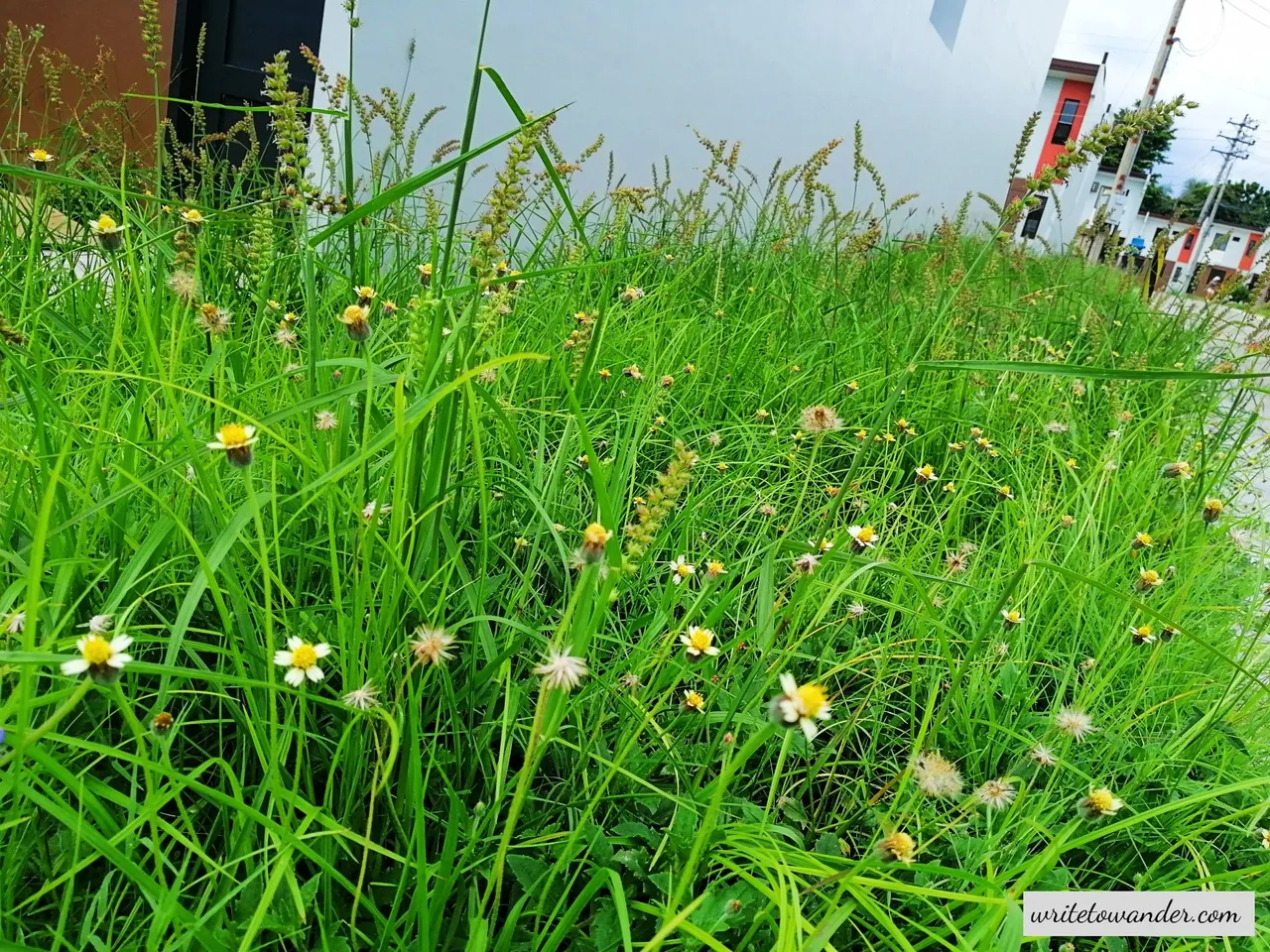
For me, empathy is a product of love, as it allows you to share with the feelings and experiences of others. Empathy makes other people bigger than yourself--so it makes you less self-centred and allows you to see others for who they truly are and not what you think of them to be. Empathy does not mean you tolerate someone's wrongdoing but you give them grace whenever they commit mistakes because you are also bound to commit mistakes too. Empathy is one of the most concrete expressions of love as you discover that all people have their stories to tell and their scars are what makes them beautiful. Empathy gives you the ability to listen--intently and with undivided attention--to others as they share their thoughts and sentiments with you. Empathy ultimately makes you realize that just as you want security, love and belongingness, so do all of us on this planet, and the people around us have different ways of securing these--others may appear to be too needy while some appear to be too apathetic--but we are all humans and we all need love and when we know how to be empathetic to our fellow Earthlings, this planet would be way, way better~!
Understanding empathy has certainly made me a better teacher. Whenever I talk to my students, I always consider thinking and talking from their point of view, so that they can understand and relate to the current lesson discussion. When there are times my students share that they are having a hard time doing online classes and that the number of tasks they have seems to be overwhelming (I double-check and it is true), I tend to adjust my and extend my project deadlines so that they can take things one at a time. When I look at my students, I remind myself that to some certain degree, they, too, are struggling, and I need to be of help instead of being yet another burden for them to carry.
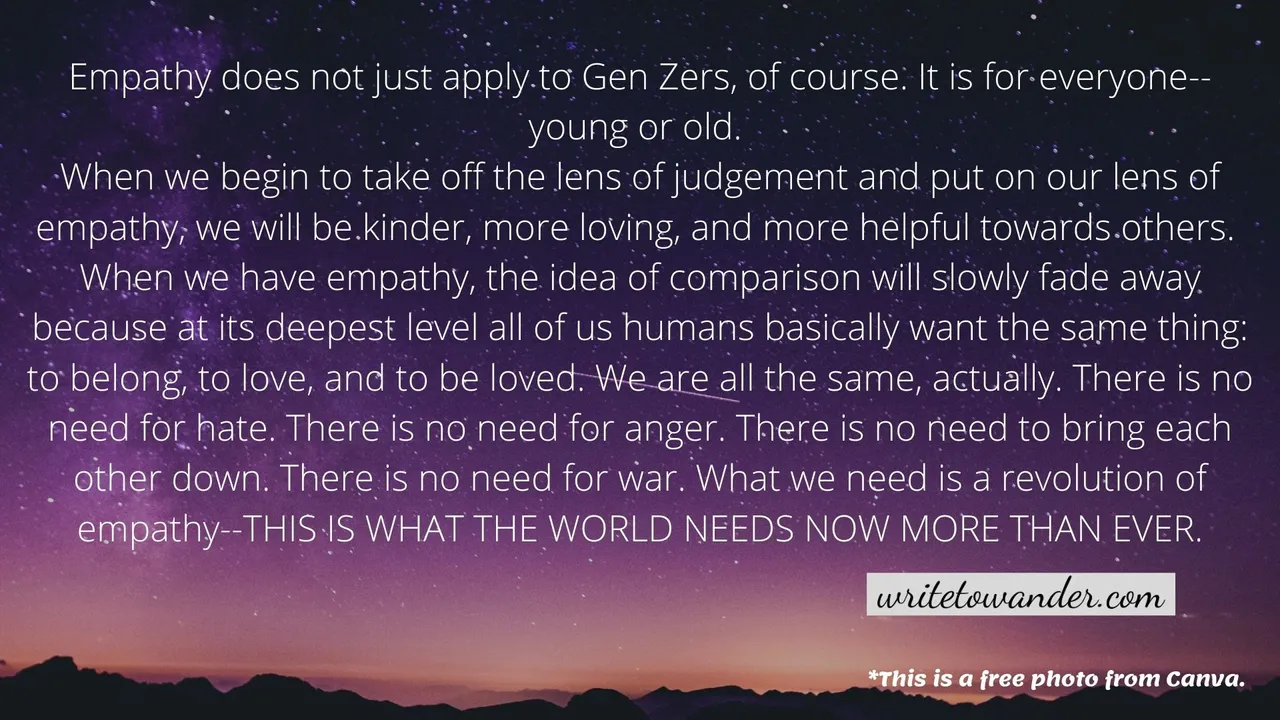
Empathy does not just apply to Gen Zers, of course. It is for everyone--young or old. When we begin to take off the lens of judgement and put on our lens of empathy, we will be kinder, more loving, and more helpful towards others. When we have empathy, the idea of comparison will slowly fade away because at its deepest level all of us humans basically want the same thing: to belong, to love, and to be loved. We are all the same, actually. There is no need for hate. There is no need for anger. There is no need to bring each other down. There is no need for war. What we need is a revolution of empathy--THIS IS WHAT THE WORLD NEEDS NOW MORE THAN EVER.
‘Til the next post, hivers! Remember that you are loved beyond borders and beyond time & space. Okay? Okay. 💛❤️
Ciao for now! 🤗🥰
This original article is written by Jong, the blogger and owner of writetowander.com. All photos are hers, too, unless otherwise stated.
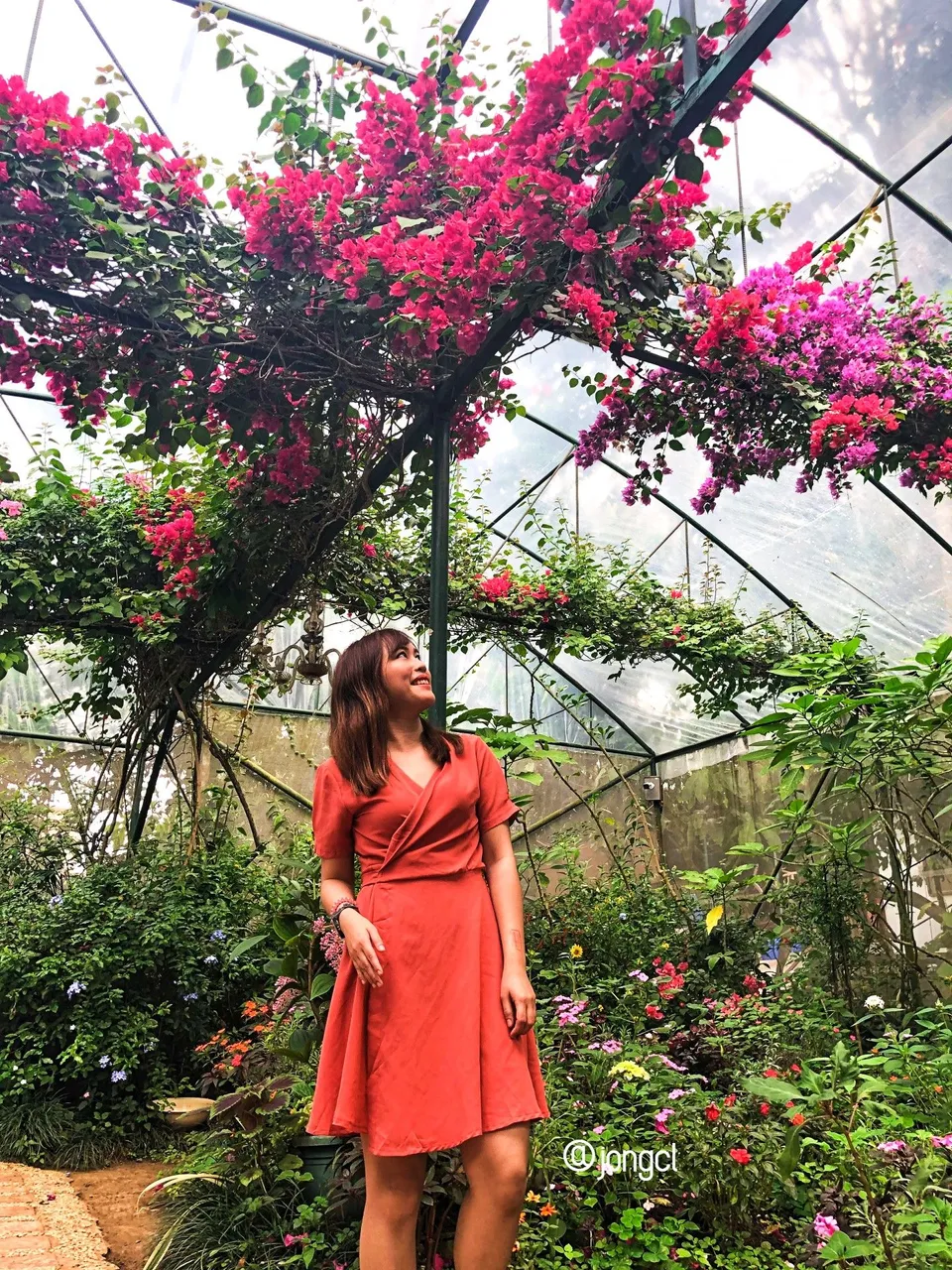
Hive-llo, everyone! Welcome to Jong's little buzz-y corner in Hive. Jong believes that every person she meets can teach her a thing or two (or three, or more) about life. She shares her love for life here-- the captivating beauty of life! To be more specific, but not necessarily in this order, she's interested in: wisdom, love, poetry, single life, books, travel, health&fitness, fashion, gratitude, unspoken hurts, heartbreaks and healing. Lastly, she loves Jesus.
Do you like her content? Make sure to upvote, then! Drop some love by leaving a comment-- she really appreciates listening to your thoughts! 💛 Feel free to reblog if her post resonated with you. Kindly follow her to not miss a post! Happy hiving, loves! 💛
